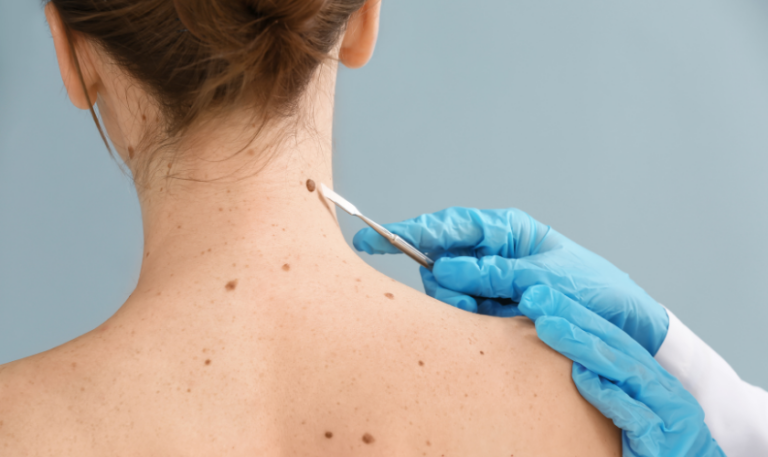Acne, a common skin condition that affects millions worldwide, can be a source of frustration and embarrassment for many. While there’s no one-size-fits-all cure, dermatologists offer a range of advanced treatments to manage and minimize acne symptoms.
Let’s delve into the latest innovations in acne treatment and uncover the strategies dermatologists employ to combat this persistent skin issue.
Understanding Acne: Unraveling the Complexities
Acne is a multifactorial skin condition characterized by the presence of pimples, blackheads, whiteheads, and inflamed lesions. It typically occurs when hair follicles become clogged with oil and dead skin cells, leading to the proliferation of acne-causing bacteria. Hormonal fluctuations, genetics, lifestyle factors, and skincare products can all contribute to acne development. To effectively address acne, dermatologists employ a comprehensive approach that targets its underlying causes and triggers.
By understanding the complexities of acne dermatology can tailor treatment plans to suit each patient’s unique needs and skin type.
Topical Treatments: Targeting Acne at the Source
Topical treatments are a mainstay in acne management, offering targeted solutions for controlling breakouts and reducing inflammation. Dermatologists often prescribe topical retinoids, such as tretinoin and adapalene, to unclog pores, promote cell turnover, and prevent new acne lesions from forming.
In addition to retinoids, topical antibiotics, and antimicrobials may be prescribed to reduce acne-causing bacteria and inflammation. These medications come in various forms, including gels, creams, and lotions, allowing for customized treatment regimens based on individual skin concerns.
Oral Medications: A Systemic Approach to Acne Management
For moderate to severe acne cases, dermatologists may recommend oral medications to address inflammation and regulate oil production. Oral antibiotics, such as doxycycline and minocycline, work by targeting bacteria and reducing inflammation within the skin.
In cases of hormonal acne, oral contraceptives or anti-androgen medications may be prescribed to regulate hormone levels and minimize hormonal fluctuations that contribute to acne development. Isotretinoin, a potent oral retinoid, is reserved for severe acne cases and offers long-term remission in many patients.
Advanced Procedures: Harnessing Technology for Clearer Skin
Dermatologists harness the power of advanced procedures to provide targeted acne treatment and achieve clearer, healthier skin. Laser and light therapies, such as photodynamic therapy (PDT) and intense pulsed light (IPL), target acne-causing bacteria and reduce inflammation while promoting skin renewal and collagen production.
Chemical peels are another effective option for treating acne, offering exfoliation and pore-clearing benefits to improve skin texture and tone. Dermabrasion and microneedling procedures can also help address acne scars and uneven skin texture, restoring a smoother, more even complexion.
Lifestyle Modifications: Supporting Acne Management
In addition to medical treatments, dermatologists emphasize the importance of lifestyle modifications in supporting acne management. Adopting a gentle skincare routine, avoiding harsh products and abrasive exfoliants, and practicing good hygiene habits can help minimize irritation and prevent further breakouts.
Furthermore, maintaining a balanced diet rich in fruits, vegetables, whole grains, and lean proteins supports overall skin health and may help reduce inflammation associated with acne. Managing stress levels through relaxation techniques, exercise, and adequate sleep can also contribute to clearer skin and improved acne outcomes.
While there’s no definitive cure for acne, dermatologists offer a range of effective treatments to manage symptoms and improve skin health. By understanding the complexities of acne and tailoring treatment plans to individual needs, dermatologists empower patients to regain confidence and achieve clearer, healthier skin.
For personalized acne treatment and expert guidance on achieving optimal skin health, consult with a dermatologist to explore the latest innovations in acne management. Your journey to clearer skin starts with proactive steps and trusted dermatological care.




